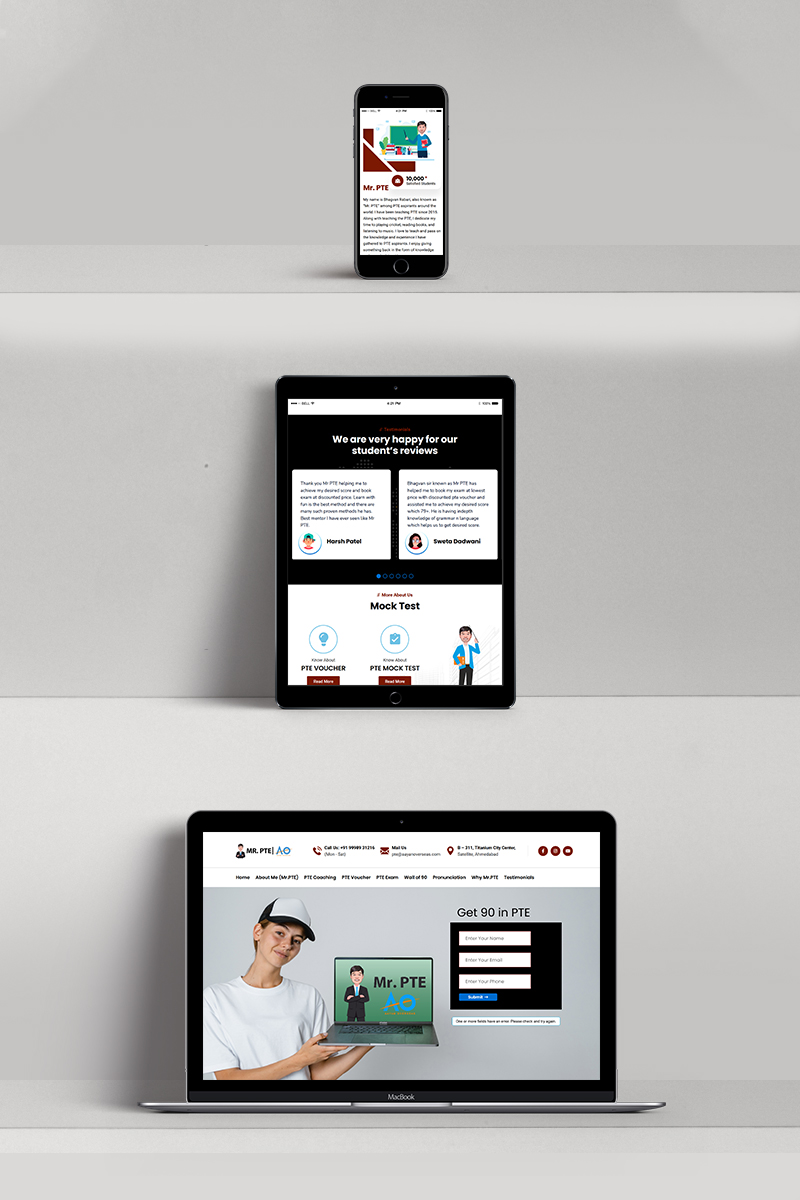Developing your business in the form of Web Brand
Web development is the process of creating a Web site for the Internet (World Wide Web) or an intranet (a private network). Web development can range from creating a single static page of plain text to creating complex web apps, electronic companies, and social network services. Web engineering, Web design, Web content creation, way to access, client-side/server-side programming, Web server and network security configuration, and e-commerce development are instances of more comprehensive tasks to which Web development commonly refers.
“Web development” is commonly used among Web professionals to refer to the main non-design parts of constructing Web sites: writing markup and coding. Content management systems (CMS) may be used in web development to make content modifications easier and more accessible to those with basic technical abilities.
Web development
The promotion and sale of products or services, including market research and advertising, by action or business.
INFORMATIVE WEBSITES
Because the major focus of these sites is the content, informational websites as a design can serve a variety of objectives, ranging from personal usage to small enterprises to larger organizations. An informational website is definitely appropriate for you if you want to develop a basic online presence and share your unique material.
When it comes to performance, an instructional website may be the most basic of all. Because these sites do not require sophisticated functionality, third-party integrations, or e-commerce capabilities, the emphasis is on the material itself and expressing your personal experience. The main purpose of an informational website is to communicate with an online audience the “who,” “what,” “how,” and “why” of a company or organization.
Informational websites are ideal for any new small business, health providers, educational or homeschooling websites, government entities, and so on. This type of website can also benefit non-profit groups. Informational Websites are not only for commercial purposes; they can also be just informative. For example, www.wikipedia.org is an online encyclopedia, and www.about.com offers articles on a wide range of topics.
Informative websites typically include:
- Introduction
- Getting in Touch
- Search
- Form for Subscription
- Form of registration
- Comments
- External websites are linked

ECOMMERCE WEBSITE
By definition, an e-commerce website is one that allows you to buy and sell actual commodities, digital products, or services online.
Trade, whether through barter exchange or the buying and selling of products and services, has been practiced for ages. Nobody is self-sufficient. As a result, there is a need for demand and supply of products and services. Transactions have been taking place all throughout the world for generations, both locally and globally. Keeping the same idea in mind, consider electronic. Keep in mind, however, that as the entire world has gone online, data privacy rules have grown progressively severe. And, before you embark on an e-commerce business, you should be informed of all the legal laws that will be required for your e-commerce website.
Depending on the function they serve, different e-commerce websites are labelled or referred to differently.
- Business-to-business (B2B): Electronic exchange of goods and services between businesses. As an example, a company offers SAS goods to other companies.
- Business-to-Consumer (B2C): Electronic transactions between businesses and consumers for the purchase of goods and services. Assume you purchase a new t-shirt from an internet retailer.
- Consumer-to-Consumer (C2C): Electronic transactions between consumers, usually through a third party. Assume you sell your old smartphone to another consumer on eBay or Olx.
- Consumer-to-Business (C2B): Electronic transactions involving the sale of goods and services by individuals to businesses. For example, a social media influencer may charge a fee for visibility to their online audience.


